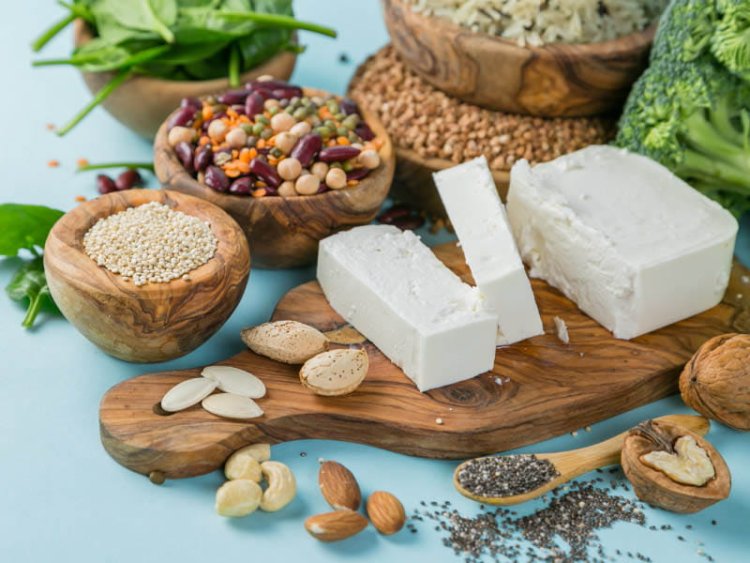Plant-Based Proteins Associated with Improved Heart Health: Another Argument in Favor of Plants
Here's some food for thought as you plan your next shopping trip or reevaluate what you are eating: a significant new Harvard study indicates that consuming less animal protein and more plant-based protein may have a significant impact on your heart.

The study, which was published in the December 2024 issue of The American Journal of Clinical Nutrition, examined the health behaviors of almost 200,000 individuals over a thirty-year period. Thirty years of actual dietary habits, lifestyle decisions, and health outcomes—that is no typo.
And the outcomes? They are worthy of consideration.
A Plant-Based Diet May Reduce Your Heart Disease Risk
Participants with the highest ratio of plant protein to animal protein, according to the researchers, had:
Reduced risk of cardiovascular disease of any kind by 19%
Reduced risk of stroke, particularly when replacing red or processed meats
This was a long-term, extensive study that examined the long-term effects of our diet on our hearts rather than a short-lived experiment or a small, specialized group.
It is about the ratio, not about going completely vegan.
What about this research is particularly novel? It does not advocate for a binary strategy. You do not have to completely give up animal products or switch to a household that only uses oat milk.
Instead, it is about changing the proportions such that plant-based proteins take center stage in your meals while reducing the consumption of processed meats and red meat.
Consider it nutritious jazz, where the focus is on shifting who gets the solo rather than doing away with instruments.
What Protein Is Considered Plant-Based?
If the term "plant protein" makes you think of salad and tofu, let us broaden your perspective. A surprisingly wide range of satisfying plant-based protein sources are available, such as:
Black-eyed peas, chickpeas, beans, and lentils are examples of legumes.
Nuts and seeds: flax, chia, pumpkin seeds, walnuts, and almonds
Whole grains: bulgur, farro, quinoa, and oats
Products made from soy: tempeh, edamame, and tofu
Pea protein is present in more recent alternative protein powders and products.
They are nutrient-dense, high in fiber, and frequently high in antioxidants and good fats that promote general health, so they are more than just nutritional filler.
The Significance of This for Your Long-Term Health

The leading cause of death worldwide is still heart disease. Your daily food choices also have a big impact, even though genetics plays a part. This study adds to the increasing amount of evidence that a plant-based diet can cut cholesterol, improve blood pressure, reduce inflammation, and ultimately help protect your heart and arteries.
Therefore, being intentional is more important than following a strict eating philosophy if you are searching for easy, long-term strategies to protect your health in the future. Occasionally, replace the steak with a lentil curry. Toast with avocado instead of bacon. Replace the cheese in your salad with chickpeas.
Little changes build up.
Conclusion: More plants are better.
Giving your heart a helping hand does not need you to go vegan, but shifting your diet toward more plant-based foods could have significant advantages. This recent Harvard study suggests that increasing the proportion of plant-to-animal protein in your diet may significantly lower your chance of developing severe cardiac problems.
Perfection is not necessary for your heart. Patterns are necessary. Eating more vegetables, more frequently, may be the most heart-smart thing you ever do.
What's Your Reaction?




















